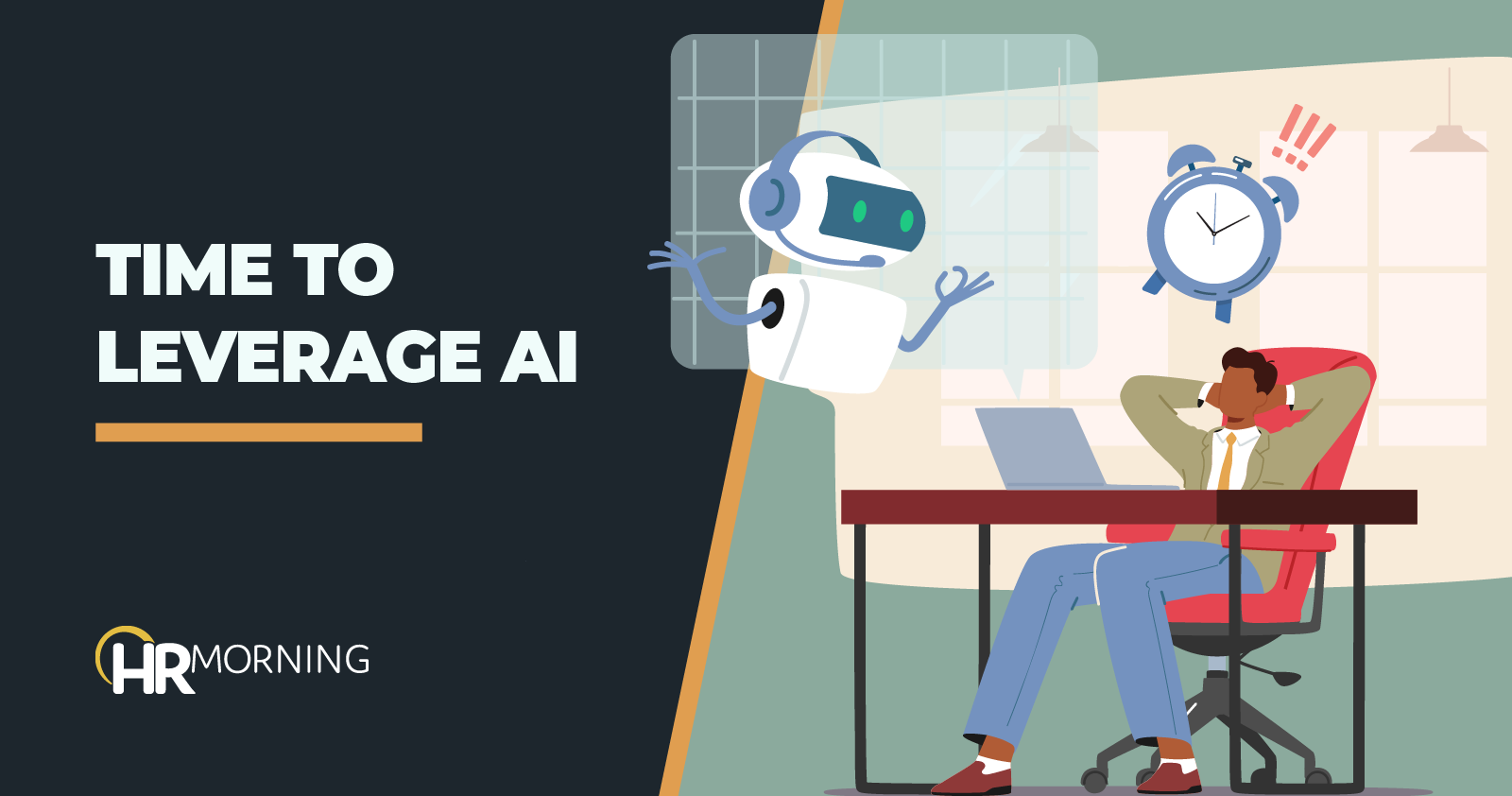Future of HR: Leverage AI for 30% productivity boost and new strategic insight

Human resources teams have an opportunity to leverage AI and agile practices to transform how they operate and strategically partner with business leaders.
By adopting agile methodologies, HR can gain data-driven insights, automate repetitive tasks, personalize employees’ experiences, and pivot quickly as needs arise.
HR departments are tasked with attracting and retaining top talent, improving employee experiences, and helping organizations achieve their goals. However, HR professionals are often bogged down with time-consuming administrative tasks that limit their ability to be forward-thinking and strategic.
In turn, AI stands to unlock the gap between manual work and HR’s untapped potential to proactively plan.
Leverage AI to automate routine tasks
A balanced human and AI strategy could boost HR productivity 30% in the not-so-distant future, according to Boston Consulting Group. Many HR professionals are eager to focus on strategy and communication as well as enhance engagement and productivity.
AI tools can automate many routine HR tasks like screening resumes, conducting background checks, and managing employee records. This allows HR staff to devote more time to other impactful work like improving company culture, employee engagement and leadership development.
Leverage data for more informed decision-making
Further, AI also provides data-driven insights that can help HR professionals make better decisions. For example, AI can analyze employee data to predict the likelihood of attrition, allowing HR to develop retention strategies before top talent leaves.
AI may also reveal connections between management practices and absenteeism, giving HR actionable insights to share with leadership. Moreover, HR departments can also leverage data from AI tools to help leaders make more informed decisions avoiding gut instinct and outdated data.
Make talent management more personalized and inclusive
By leveraging AI tools, HR teams can also make their talent management processes more transparent, fair and efficient. For instance, AI-powered hiring tools can attract top candidates by writing more inclusive job descriptions and help HR teams reach a more diverse pool of applicants.
Further, HR professionals can use AI to track how candidates move through the application and interview process to identify and make changes to drop-off points, especially for candidates from underrepresented groups. And once new hires join an organization, AI continues to add value.
HR teams can use AI-based learning and development platforms to create personalized career pathing recommendations for employees based on their skills, interests and organizational needs.
Apply agile approaches to HR
An agile approach further enhances the benefits of AI for HR. Agile HR teams can embrace change and quickly adapt new technologies to solve problems. They collaborate across departments and regularly reassess priorities to determine how they can most effectively achieve organizational goals.
Together, AI and agile practices can allow HR teams to provide personalized employee experiences, gain valuable insights, increase efficiency, and become trusted advisors and strategic partners in their organization.
Adopt an agile mindset
Moreover, an agile mindset is also crucial for HR’s reinvention. Agile practices emphasize collaboration and continuous improvement. HR leaders should adopt agile approaches to developing new programs and policies. For instance, they can run small pilot programs, gather feedback, and make iterative changes.
An agile framework will help the HR department respond quickly to changes and ensure new initiatives meet the goals of leadership and the organization. By embracing AI and agile practices, HR can transform into a strategic partner that helps guide an organization to success in today’s fast-paced, technology-driven world.
The future of HR is smarter, data-centric and primed for robust, transformative change. With AI and agility, HR can pioneer a path to success one step at a time by identifying issues before they arise and taking a more proactive, personalized approach to managing employees. In the AI era, HR professionals will have the tools and time to focus on the human elements of their jobs, allowing people and technology to harmoniously blend for optimal results.

